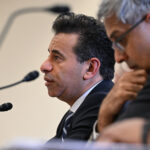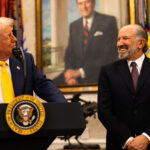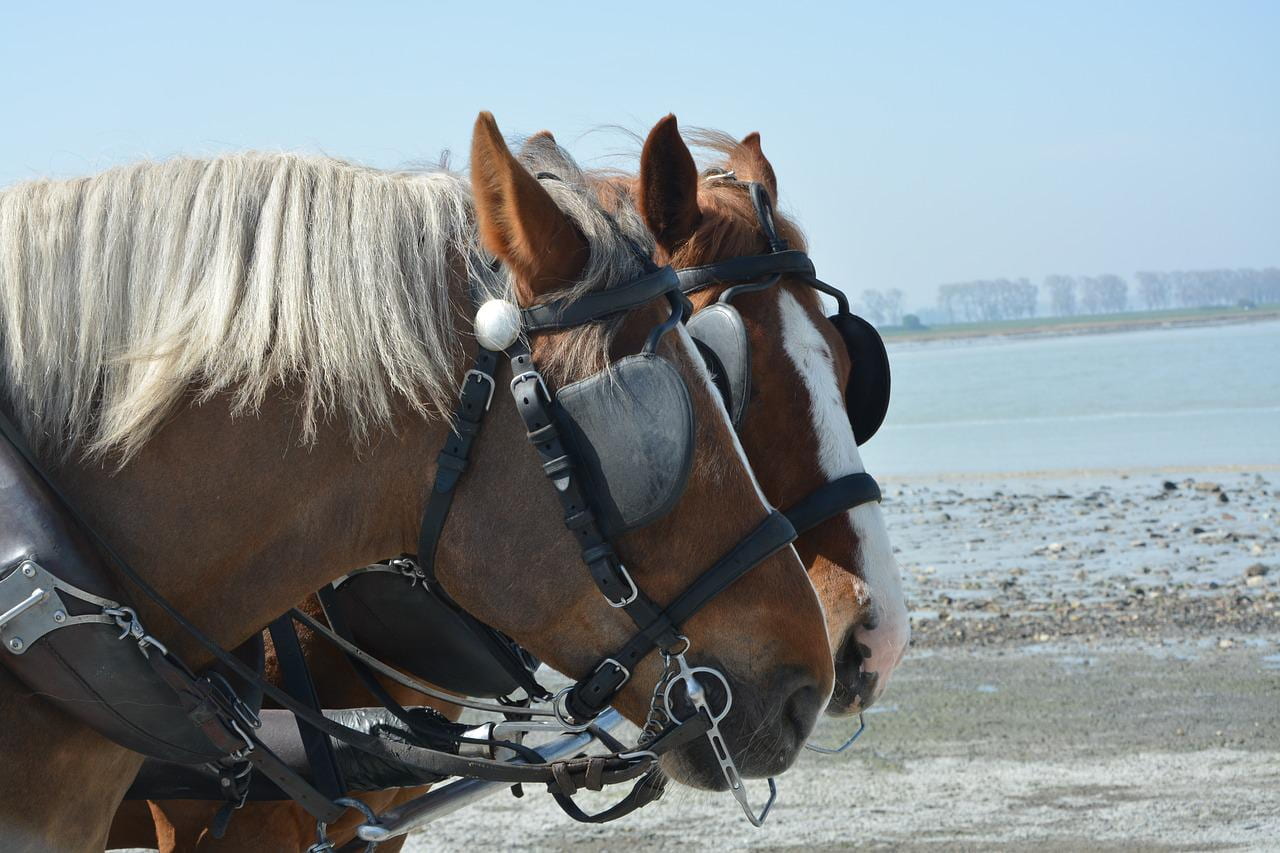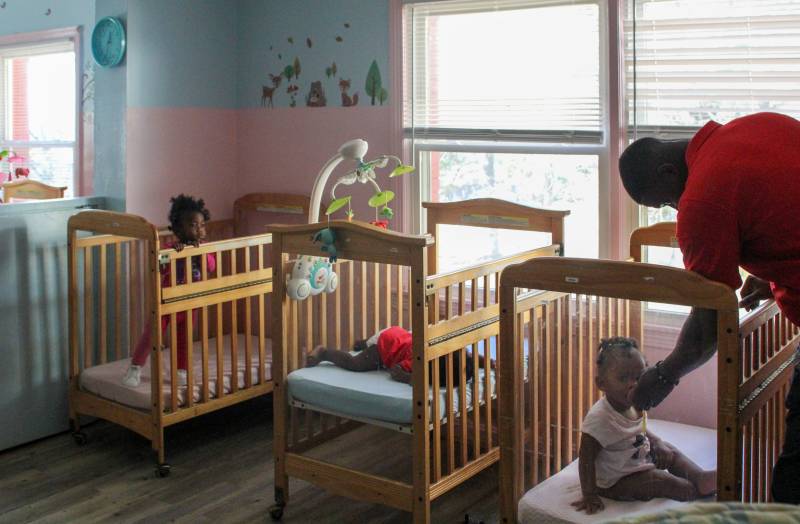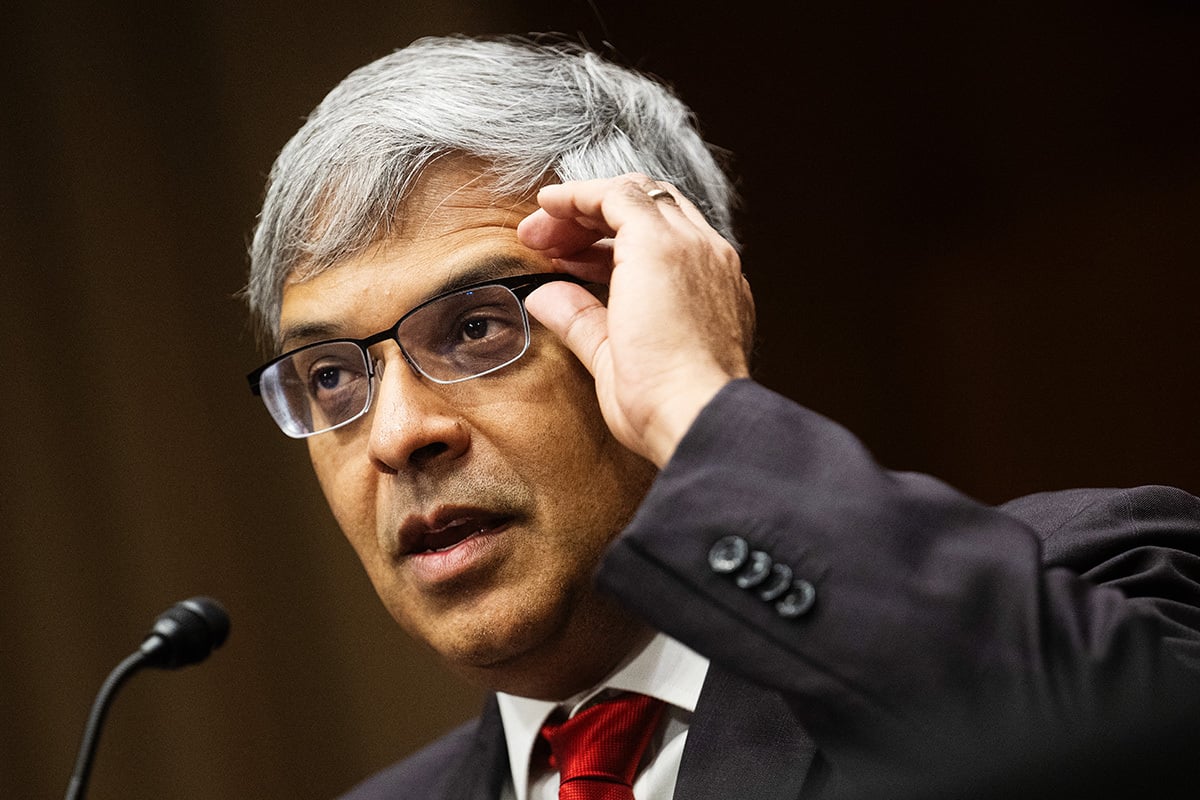(I’m republishing posts on my My All-Time Favorite Posts list. This one appeared in 2022. You can see them all here)
JACLOU-DL / Pixabay
We can all learn a lot of important lessons from education research, and I regularly share them here.
Sometimes, though, I get frustrated when researchers don’t at all see the real world context of their work (see The Best Posts On “Loss Aversion” & Schools and The “Best Learning Techniques” Are Useless If Students Won’t Do Them — A Critical Take On A Well Done Study) or try to see that real world context but have a very narrow and simplistic view of it (see “The message is to fire people sooner rather than later” ).
Today’s column in The Atlantic by education researcher Thomas Kane is an example of the latter (you may remember him as being the lead researcher behind the Gates Foundation’s teacher evaluation’s efforts, which they ultimately concluded was a failure). In Kids’ Learning Losses Are Worse Than Educators Are Acknowledging he discusses the findings of his recently study identifying unfinished academic learning by many students and what he thinks schools should do in response to it.
I have had, and continue to have, many concerns about the “learning loss” narrative (see Trying To Bring Research, Sanity, Teacher Expertise & Student Voice To The “Learning Loss” Discussion), including the accuracy of using test scores to quantify it. I do not doubt at all that many of our students have not learned as much academic content over the past two years as they might have during “normal” times (though I’m not convinced the “shortfall” is primarily due to schools – see No, Temporarily Closing Schools Is Not Like Invading Iraq).
However, my main issues with The Atlantic column is Professor Kane’s proposals to deal with this challenge.
Not only does he not even mention the mental health crises our students are facing and which educators must respond to, he thinks schools should hire tons of tutors, but doesn’t comment on the huge challenge of finding them. He suggests summer school, but doesn’t comment on the same problem facing tutoring recruitment – so many teachers are burnt-out that the last thing they want to do is teach it. He talks about extending the school year, but doesn’t comment about how research has found that extending days or the year, and doing the same thing we do during the rest of the time, is not particularly effective (see The Best Resources On The Idea Of Extending The School Day). This holds true for his idea of having students take two periods of math – teachers, including many math teachers, know lots of reasons why that is not going to fly.
Perhaps Professor Kane, other education researchers, along with decision-makers like superintendents, should consider the principle of subsidiarity before they start suggesting potential solutions to problems. It means that the people closest to the problems are likely to have the best ideas and be most able to resolve them.
And those tend not to be many education researchers (or superintendents, for that matter).
For what it’s worth, here are places where I’ve shared some practical suggestions, primarily in The Washington Post, of what districts, schools and teachers might want to consider doing in response to pandemic learning challenges:
Thirteen things that should happen in schools now — but most probably won’t
The kind of teaching kids need right now
Teacher: 10 things school districts should do right now
Are Schools Overlooking An Obvious Strategy They Can Implement Immediately To Accelerate Learning? Peer Tutors!
What do you think?
What does it say about how connected 2 reality some ed researchers r when in studies on learning recovery, they don’t mention the 2 challenges highlighted in this article – student behavior & mental health? https://t.co/O1vzpi27GF
— Larry Ferlazzo (@Larryferlazzo) July 27, 2022
(I’m republishing posts on my My All-Time Favorite Posts list. This one appeared in 2022. You can see them all here) We can all learn a lot of important lessons from education research, and I regularly share them here. Sometimes, though, I get frustrated when researchers don’t at all see the real world a look back Larry Ferlazzo’s Websites of the Day…

